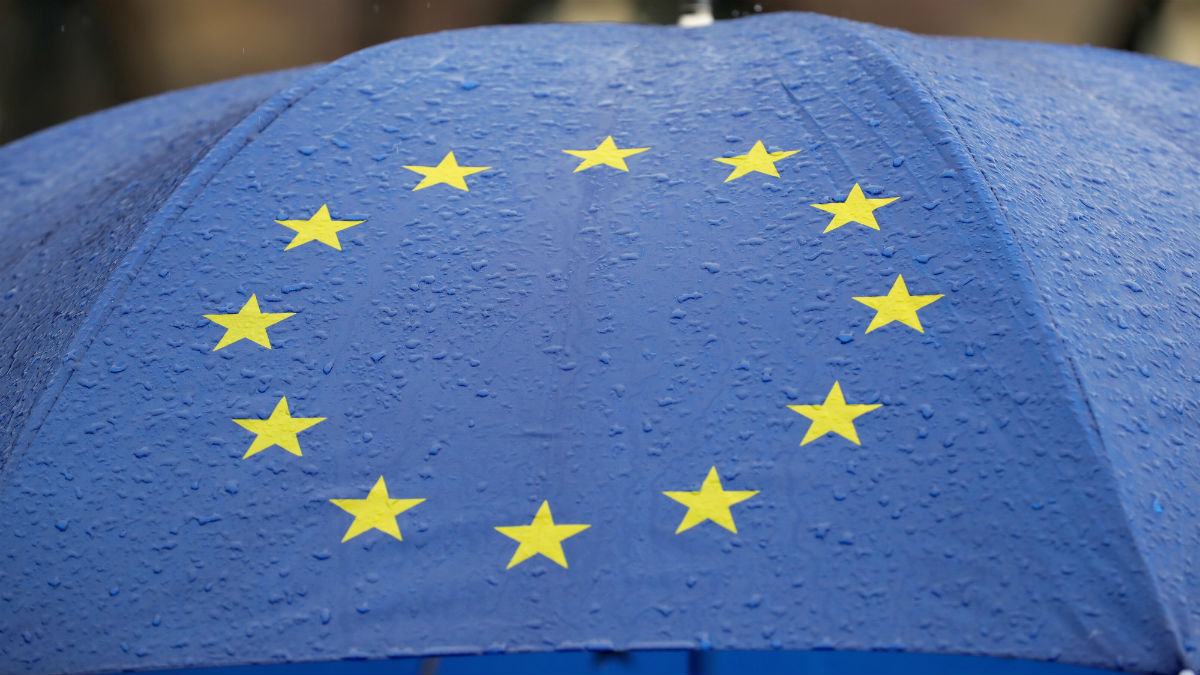Will the European Union collapse in the wake of Brexit?
EC president Donald Tusk appeals for calm as calls grow for referendums in other member states

A free daily email with the biggest news stories of the day – and the best features from TheWeek.com
You are now subscribed
Your newsletter sign-up was successful
As the world digests the news that the UK voted by 52 per cent to 48 per cent to leave the European Union, attention is turning to what this means for the future of the bloc itself.
European leaders have long feared a domino effect could be set into motion, with the citizens of other member states demanding their own referendums.
Can the EU survive this setback?
The Week
Escape your echo chamber. Get the facts behind the news, plus analysis from multiple perspectives.

Sign up for The Week's Free Newsletters
From our morning news briefing to a weekly Good News Newsletter, get the best of The Week delivered directly to your inbox.
From our morning news briefing to a weekly Good News Newsletter, get the best of The Week delivered directly to your inbox.
Ukip leader Nigel Farage says he hopes the outcome will bring down the EU.
"I hope this victory brings down this failed project and leads us to a Europe of sovereign nations, trading together, being friends together, co-operating together. And let's get rid of the flag, the anthem, Brussels and all that has gone wrong," he told supporters, shortly before dawn today.
Others have also predicted Brexit would call time on the bloc. Earlier this month, billionaire investor George Soros said a Leave vote would make the break-up of the EU "almost certain".
He added: "If Britain leaves, it could unleash a general exodus and the disintegration of the European Union will become practically unavoidable."
A free daily email with the biggest news stories of the day – and the best features from TheWeek.com
Will other countries try to leave the EU?
Efforts will be made to avoid "the psychology of a bank run" gripping the EU, amid calls for parallel referendums in the Netherlands, France, Poland and Hungary, says The Guardian.
Such a domino effect has been the stated goal of some Leave campaigners - Michael Gove called for the "liberation of Europe". France's National Front leader Marine Le Pen, Dutch anti-immigration politician Geert Wilders and Italy's Northern League have all called for their own vote.
A series of general elections are on the horizon that could prove pivotal. The Dutch go to the polls next March, the French in April and May, while the Germans will vote in autumn 2017. Many believe that if an independent Britain proves to be a success, the bloc could quickly unravel.
How does the referendum result affect Europe's global standing?
With such division and uncertainty in the air, some feel Europe woke up this morning a significantly weaker entity. Former Austrian chancellor Werner Faymann says it is inevitable the continent will lose some of its status.
What are EU leaders saying?
European Council president Donald Tusk has tried to calm the conversation, saying he is "determined to keep our unity" and that "hysterical reactions" should be avoided.
Next March marks the 60th anniversary of the Treaty of Rome, the EU's founding document. The Daily Telegraph predicts it will be "a fraught celebration".